Our work
EDRi is the biggest European network defending rights and freedoms online. We work to to challenge private and state actors who abuse their power to control or manipulate the public. We do so by advocating for robust and enforced laws, informing and mobilising people, promoting a healthy and accountable technology market, and building a movement of organisations and individuals committed to digital rights and freedoms in a connected world.
Filter resources
-

When law enforcement undermines our digital safety, who is looking after our interests?
Imagine your friend sent you a private DM on Twitter. Now imagine, instead of the content remaining for your eyes only, Twitter letting the police also take a peek at it. Such intrusive practices of state actors accessing private messages have grave consequences for our lives. Some people can be physically harmed, and for some, it can mean that their families and friends could get prosecuted. At a collective level, the harm this does to our communities and society at large is immeasurable.
Read more
-

EDRi-gram, 21 february 2024
In this edition, we share with you our concerns about the Irish media regulator’s Online Safety Code and the sledgehammer approach of age verification tools. Also, earlier this month, the EU Parliament voted on the agreement on automated data exchange for police cooperation, known as ‘Prüm II’. What does this framework, and the broader securitisation mindset it represents, mean for our fundamental rights?
Read more
-
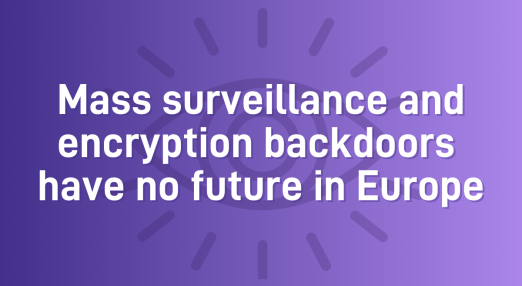
Mass surveillance and encryption backdoors have no future in Europe
Today, 20 February, in a public consultation at the European Commission, the EDRi network calls on EU lawmakers to end all attempts to normalise dangerous surveillance practices that rip people off their safety and privacy online.
Read more
-

GDPR enforcement: European Parliament must guarantee procedural rights to ensure people’s data protection
While it is a step forward in better enforcing the General Data Protection Regulation (GDPR), the European Parliament’s current GDPR Procedural Harmonisation Regulation text is still not enough to safeguard the fundamental rights of people. Today, February 15, the text was approved in the Committee for Civil Liberties, Justice and Home Affairs (LIBE), laying out the blueprints for enhanced procedures for cross-border GDPR complaints and ex-officio investigations.
Read more
-

Temporary ePrivacy derogation: Companies like Facebook must never indiscriminately scan people’s private messages
In response to the European Commission’s public consultation on the extension of the interim ePrivacy derogation, EDRi warns that even when they are ‘voluntary’, any measures for digital platforms to indiscriminately scan people’s private messages are an unacceptable interference with our human rights.
Read more
-

The sledgehammer approach of age verification tools won’t make the internet safer
Do you like scrolling through Instagram reels or watching vlogs on YouTube? Soon enough, you may have to give your personal ID details to the likes of Mark Zuckerberg to keep doing so.
Read more
-
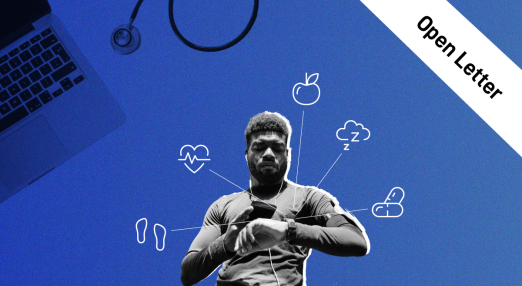
Health & digital rights organisations and trade unions to the Council of the EU: Uphold patients’ fundamental rights in the EHDS!
The Council of the EU must uphold European patients’ fundamental rights and agree on a right to ‘opt-out’ of the use of patient medical records in the final negotiations on the European Health Data Space (EHDS).
Read more
-

EDRi-gram, 7 february 2024
In this edition of the EDRi-gram, we'll be discussing the Irish Media Regulator's proposal to implement mandatory age verification that could impact all EU Member States. This could be a dangerous move that will impact millions of people using platforms like YouTube or Instagram. Additionally, after three years of negotiations, the EU Council voted on the Artificial Intelligence (AI) Act last week. Our civil society AI coalition has summarised the latest updates on this landmark legislation and what's at stake.
Read more
-
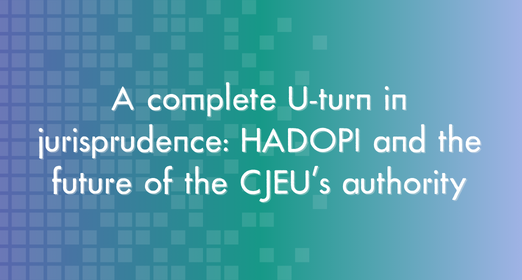
A complete U-turn in jurisprudence: HADOPI and the future of the Court of Justice of the European Union’s authority
This blog post argues that, if followed by the Court, the interpretation proposed by the AG would lead to a severe weakening of the CJEU’s authority and legitimacy, more generally. This would be of great symbolic significance in an already challenging environment for the Court which is faced with increasing defiance of Member States in the field of data protection.
Read more
-
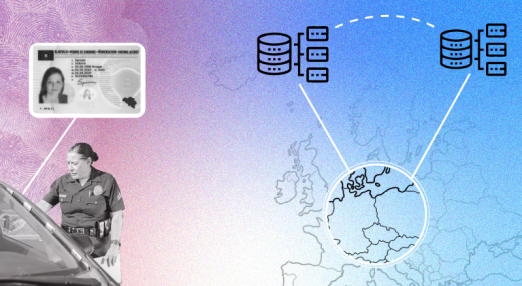
Automated data exchange in Prüm II: The EU’s securitisation mindset keeps encroaching on our fundamental rights
The agreement on automated data exchange for police cooperation, known as ‘Prüm II aligns with a broader EU trend of laws prioritising national security over human rights. The final text of this regulation has insufficient fundamental rights safeguards and could even encourage more member states to adopt facial recognition technology. The EU Parliament must reject the current Prüm II Regulation in the upcoming plenary vote.
Read more
-
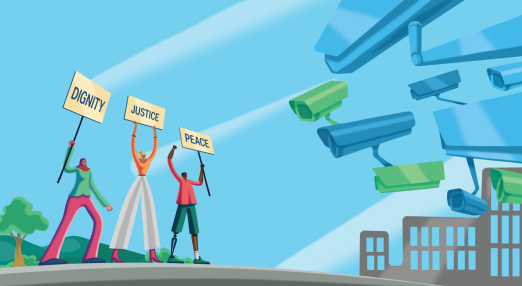
Council to vote on EU AI Act: What’s at stake?
The EU Council is set to vote on the AI Act on 2 February after three years of negotiation on this legislation. Our civil society AI coalition summarises the latest updates, what is at stake, and civil society's views on the AI Act.
Read more
-

Irish Media Regulator must address dangerous age verification in its new online safety code
On 30 January 2024, EDRi submitted its comments on the Irish Media Regulator’s (Coimisiún na Meán) new Online Safety Code in a public consultation, highlighting significant concerns about age verification.
Read more
